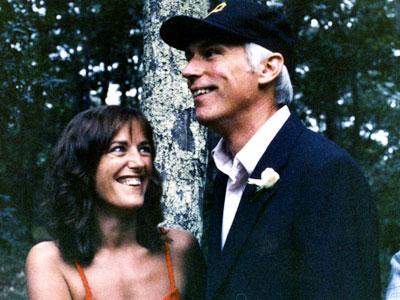Point of View: Prez’d Be Proud
Point of View: Prez’d Be Proud
While the nation wonders what should be done about the deficit, East Hamptoners are wondering what’s to be done about the surfeit of surf shit.
Some even say it’s a metaphor for our times, emblematic of what they see as the country’s irreversible descent into deep doo-doo. And they’ve begun carrying flags that say, “Don’t Sh— On Me.”
In rebuttal to the fecaphobes, some dog owners, I hear, are rallying around a Super Bowel Movement, a “shit-in” planned for Memorial Day at Main Beach.
“Why are you humans so high and mighty?” Henry said to me the other day. “Aren’t you continually laying waste to the environment with your cesspools? Some of us can’t avail ourselves of indoor plumbing. Deer do it, squirrels do it, even nasty little ticks do it. And, frankly, I’ve been doing my part whenever I spy those beany piles.”
“Ugh, deer shit.”
“I know, I know, you always make a face, and give me a breath mint, but you’ve got to admit it’s the responsible thing to do. After all, we’re all in this together. We should pick up after one another, act collectively.”
“You’re sounding like the president.”
“I thought his second inaugural was wonderful stuff. ‘Out of many one,’ e pluribus unum, that kind of thing, rather than the same old ‘All for one/And all for one!’ ”
“But you’ve got to realize, Henry,” I said, “that while this collectivist talk sounds good, there are so many slackers about that it’s a pipe dream. This country was built on people who picked up after their pets. On individual initiative. And now it’s all going to go to the dogs.”
“Well, you’re fighting the good fight; I’ve noticed you’ve been picking up after me lately, at least when I don’t do it in the pachysandra. You’re a credit to your species.”
“If the slackers only knew how virtuous it makes one feel — though, frankly, I’m happy you’re not a Newfie — I think we could get this country back on the right track again.”
“Isn’t it interesting,” said Henry (he always has to have the last word), “that as you stoop for poop you’re not only contributing to the general welfare but also at the same time raising your self-esteem! Collective and individual effort are not at odds after all — the president would be proud.”

